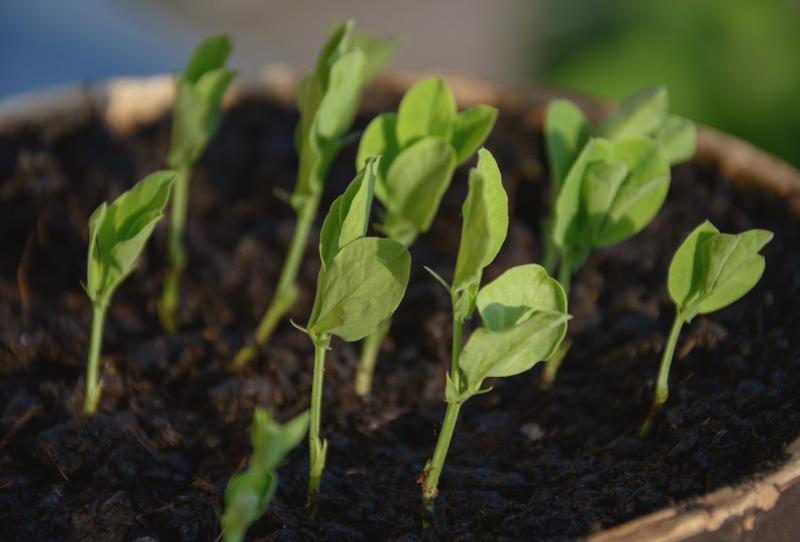“As sessile organisms…”


"As sessile organisms", these plants are unlikley to uproot themselves and walk around.
(Photo from LibreShot, Martin Vorel © 2017)
I have had an inside joke for about two years with a buddy of mine who is also a scientist. In plant science, there is a writing cliché where if you were to open any article and read the first line of the introduction, there is a chance that the first words will be “As sessile organisms, plants…”. If the word itself is unfamiliar, then here's a bit of background. “Sessile” comes from the Latin word for “seated” and is often used to describe organisms that do not move about their environment. So, most fungi (e.g. mushrooms) and many animals (e.g. clams and other bivalves) are also sessile organisms. There are many variations on this theme (e.g. “Plants are sessile organisms, and consequently…”), and they turn up everywhere. For example, the results of a Google Scholar search limited to the last ten years returns 2,440 results.
To be fair, clichés exist for a reason and the sessility of plants is central to their biology. Their immobile lifestyle affects everything from their reproductive habits to their immune system. As a matter of fact, I spent two years earning a master’s degree doing research on how plants adapt to new environments. Adapting to the local environment is a very important subject for organisms that can’t relocate after they sprout.
But then why do plant scientists begin so many of their papers with “As sessile organisms…”? It asks the reader to think differently right from the first sentence; we humans are not sessile. The phrase recommends that we shift our way of thinking to jump aboard a new train of thought. This makes sense when writing for a general science audience. The wide readership of high-impact journals like Nature may need reminding. But then why are we using this phrase with the highest frequency in Frontiers of Plant Science and Journal of Experimental Botany? The plant-loving readers of these journals are already familiar with the sessility of plants.
The world may never know what drives this strange phenomenon. Still, I laugh every week when Google Scholar’s Alerts service sends me an email letting us know who’s joined the ranks of the “sessile organisms” crew.
Written by TPS Fellow Alex Turo
